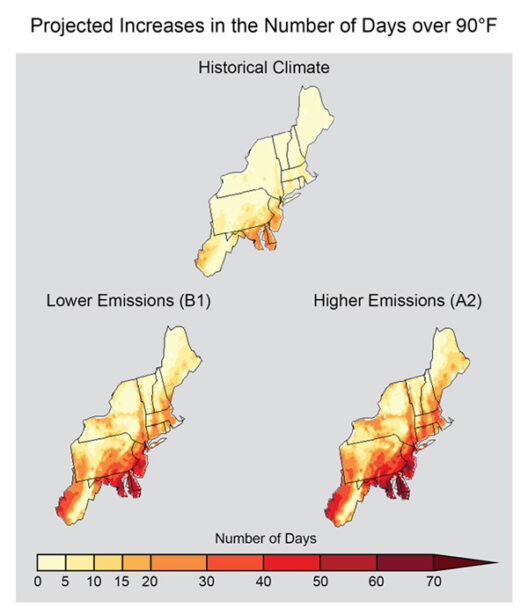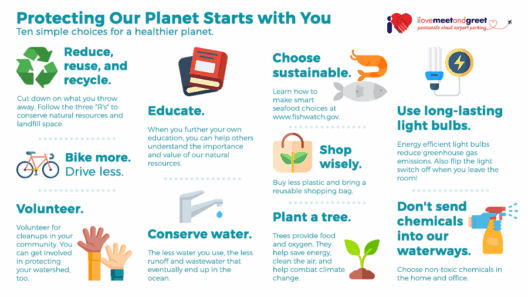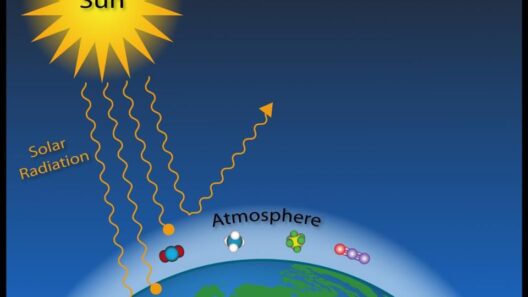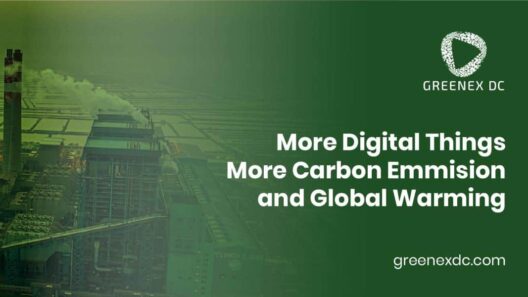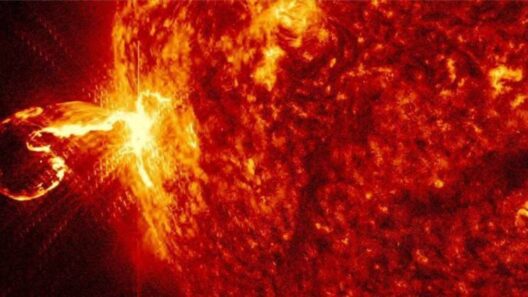Climate change has emerged as one of the most pressing challenges of our time, provoking intense debates and discussions. A pivotal question arises: are humans truly to blame for global warming? This inquiry necessitates not merely surface-level contemplation but a deep dive into the confluence of science, industry, and ethical responsibility. In scrutinizing this dilemma, we unlock a transformative understanding of our role within the ecosystems we inhabit.
To grasp the intricacies of global warming, we must first acknowledge the fundamental science underpinning climate change. The greenhouse effect—a natural phenomenon—occurs when certain gases in Earth’s atmosphere trap heat, preventing it from radiating back into space. This effect is essential for maintaining a habitable planet. However, human activities have exacerbated this natural process, resulting in a precarious imbalance. Since the onset of the Industrial Revolution, the relentless burning of fossil fuels—coal, oil, and natural gas—has released copious amounts of carbon dioxide (CO2) and other greenhouse gases.
The evidence is irrefutable. According to research from various climate science institutions, atmospheric CO2 levels have surged dramatically, reaching concentrations higher than at any point in the past 800,000 years. Such staggering increases correlate remarkably with industrialization, revealing a profound relationship between human activity and climate alteration. Forests, once able to sequester carbon efficiently, are depleting at alarming rates due to deforestation, urbanization, and agricultural encroachment. We must interrogate our complacency and challenge the narrative that humanity is merely a passive observer in the unfolding climate catastrophe.
Yet, the question persists: do all humans equally share in this culpability? Not necessarily. An analysis of global carbon emissions reveals a disproportionate contribution from developed nations. The G20 countries, equipped with advanced industrial technologies and vast consumption patterns, are responsible for a staggering 75% of total global emissions. In contrast, many developing nations, often on the frontlines of climate vulnerability, contribute significantly less to global warming yet disproportionately bear its harrowing consequences. Therefore, this complex dynamic of behavioral responsibility reveals layers of injustice within the climate narrative.
Moreover, beyond carbon emissions, various factors perpetuate climate change, including methane emissions from agriculture, land-use changes, and the relentless consumption patterns fostered by a capitalist society. Livestock farming, for instance, generates substantial methane—a greenhouse gas with a far more potent heat-trapping ability compared to CO2. Such insight complicates our understanding of blame; it is not merely the burning of fossil fuels that ensures our trajectory toward disaster, but a conglomeration of global practices intricately tied to our economic systems and societal values.
If we pivot our gaze beyond mere human activity to encompass ecological interactions, the narrative becomes richer and more multifaceted. Nature itself plays a role in climate systems through feedback mechanisms. For instance, the melting of Arctic ice reduces Earth’s albedo effect, increasing heat absorption and further accelerating warming. However, human-induced climate change drastically speeds up these natural processes, transforming cyclical patterns into unprecedented crises.
This complex interplay leads us to a crucial juncture in our understanding: while humans have undeniably driven the present warming trends, the interconnectivity of climate systems demands a more expansive view of accountability. Corporations wield enormous power over policy and public opinion, often prioritizing profit over environmental integrity. The ingrained practices within industries such as fossil fuels, agriculture, and deforestation reveal systemic drivers of climate change, necessitating scrutiny of governance structures and economic incentives that perpetuate these practices.
As we confront the harsh realities of climate change, it becomes paramount to shift our focus from assigning blame to fostering responsibility. This reframing emphasizes collective action and societal commitment to sustainable practices. Conclusively, mere acknowledgment of the problems is insufficient; tangible solutions must be engendered through innovative technologies, sustainable energy sources, and conscientious consumption patterns. From renewable energy developments to reforestation initiatives, our path forward hinges on a collaborative global effort to mitigate carbon footprints.
Education also plays a vital role in this transformative journey. By fostering a more profound understanding of climate science, society can cultivate empowered individuals who are equipped to engage in meaningful discourse and action. Not only does public awareness of climate issues spur activism, but it also influences policy changes at the municipal, national, and international levels. Grassroots movements, driven by youth and concerned citizens alike, have the potential to transform political landscapes, urging governments to commit to ambitious climate targets.
Inextricably linked to this issue is the discussion of climate justice. Recognizing that the marginalized populations often suffer the most from climate-related disasters urges a re-evaluation of our ethical responsibilities toward one another. A just transition acknowledges that those who have contributed least to emissions should receive the support needed to combat climate impacts. By weaving justice into the fabric of climate action, we contribute to a more equitable society that prioritizes both people and the planet.
Ultimately, discerning humanity’s role in global warming necessitates a requirement for introspection and proactive measures. Embracing a shared responsibility will empower communities, governments, and organizations to combat climate change collaboratively. Shifting perspectives from blame to accountability instills a sense of urgency, compelling us to act now for the resistance and resilience of future generations. While we grapple with the hard truths of our current reality, let us unite in the spirit of restoration and innovation, steered by a collective mission to safeguard our planet.



